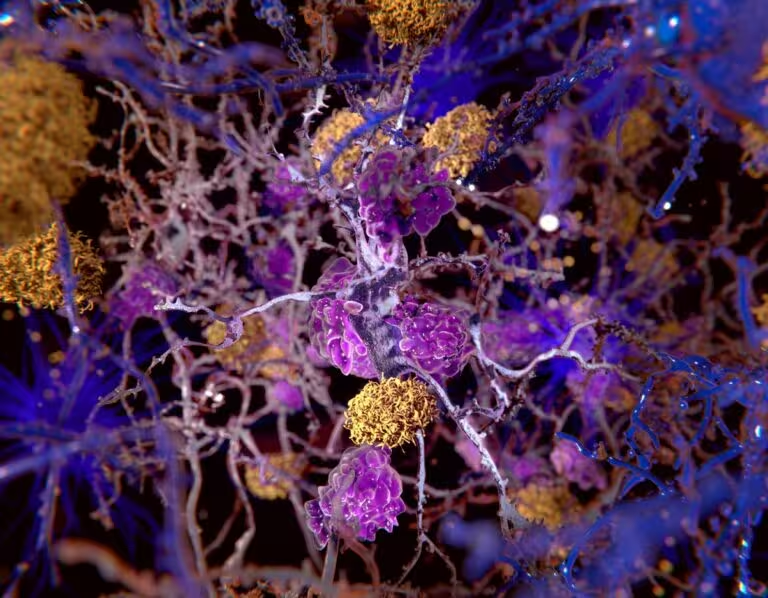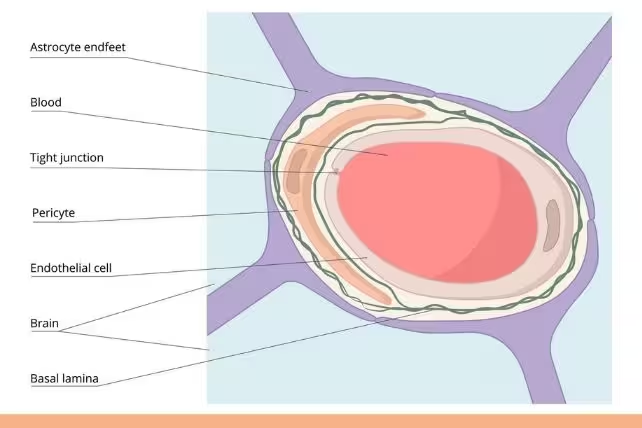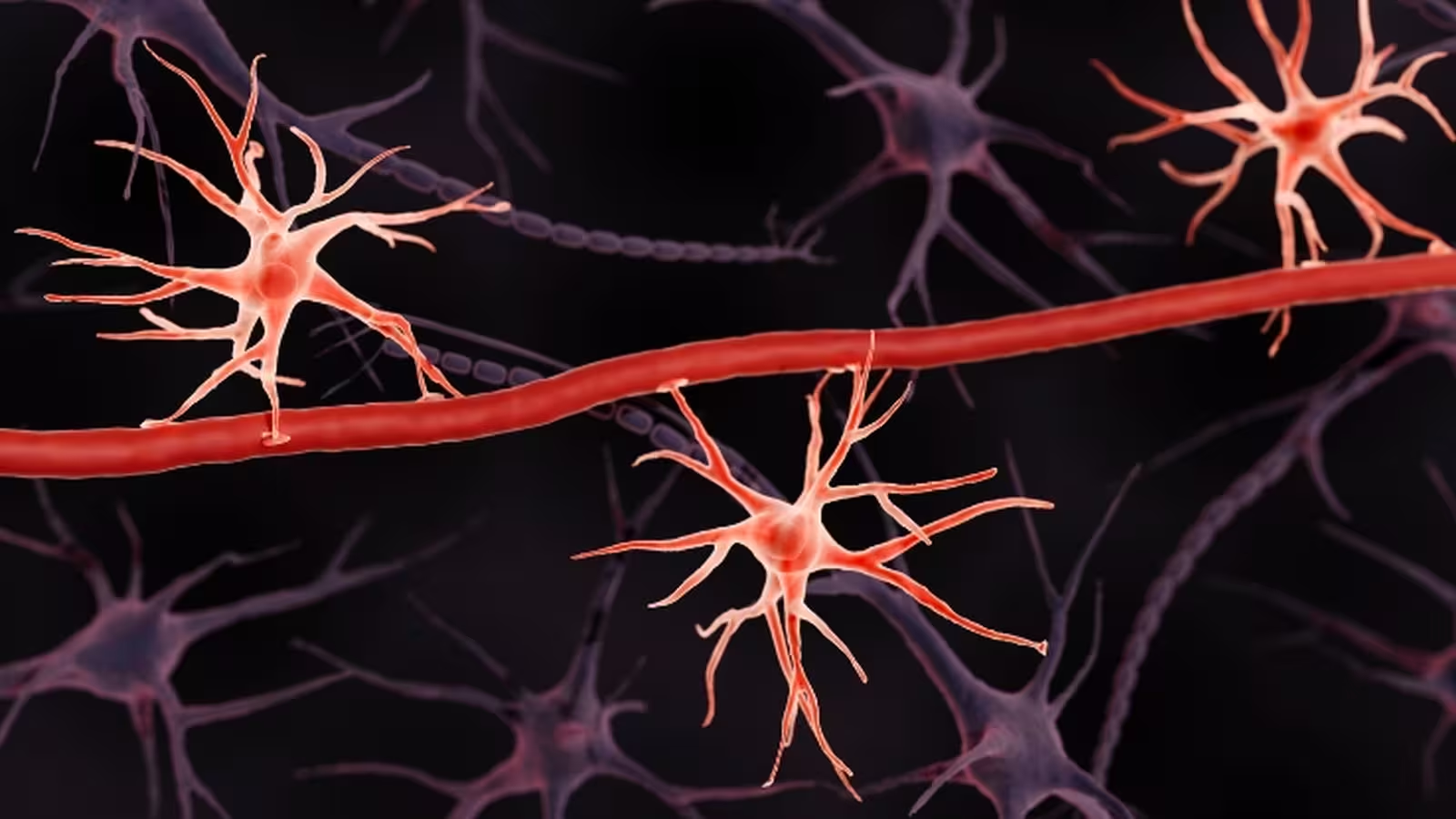3 Minutes
Innovative Therapy Reinforces the Brain's Protective Shield
In a promising breakthrough for neuroscience and Alzheimer's research, scientists have developed a novel drug that fortifies the blood-brain barrier—a critical defense system that protects brain tissue from harmful substances. This advance could signal a new direction in the search for effective treatments against neurodegenerative diseases like Alzheimer's, which affects millions worldwide.
The Blood-Brain Barrier: A Vital Line of Defense
The blood-brain barrier is a highly selective, semi-permeable layer of cells that separates the brain from the bloodstream. It acts as a crucial gatekeeper, blocking pathogens, toxins, and potentially damaging molecules while allowing essential nutrients to pass through. However, conditions such as traumatic brain injury, aging, or neurological disease can compromise this barrier, leaving brain cells vulnerable to damage and potentially accelerating cognitive decline seen in disorders like Alzheimer's disease.

Pioneering a Novel Pathway: Beyond Amyloid Proteins
Current Alzheimer's disease research and therapies have largely focused on removing amyloid plaques—protein clumps long associated with disease progression. However, as lead pathologist Dr. Sanford Markowitz from Case Western Reserve University (CWRU) points out, these approaches have shown limited effectiveness and pose notable risks to patients: “Most of the recently approved Alzheimer’s drugs aim only at eliminating amyloid, but unfortunately, their impact is modest and often comes with significant side effects.”
Groundbreaking research by CWRU physiologist Dr. Yeojung Koh and colleagues has now revealed a different target: the immune enzyme 15-PGDH. By examining both mice and human tissues, the team observed that 15-PGDH levels were elevated in cases of neurodegeneration linked to age, injury, or disease.
Drug Discovery: Protecting the Brain at the Cellular Level
To counteract 15-PGDH's harmful effects, the research team engineered a new compound—SW033291—to inhibit the enzyme. Laboratory tests demonstrated that this drug successfully protected the blood-brain barrier in mice, even after traumatic brain injury, and crucially, prevented the onset of memory loss and cognitive impairment. Notably, this protection was achieved without altering amyloid protein levels, proving that SW033291 acts through a pathway distinct from current therapies.
“As these mouse models received treatment, their blood-brain barrier remained entirely intact,” reports neuroscientist Dr. Andrew Pieper of CWRU. “There was no neurodegeneration, and cognitive functions including memory were fully preserved.”

Implications for the Future of Alzheimer's Disease Treatment
With the global incidence of dementia estimated at nearly 10 million new cases per year, the need for innovative strategies is more urgent than ever. This discovery positions 15-PGDH as a previously underappreciated 'guardian' of the blood-brain barrier, highlighting its potential as a therapeutic target for protecting brain health across a range of neurodegenerative disorders.
As Dr. Koh and her research team conclude, “Our findings identify 15-PGDH as a crucial defender of blood-brain barrier integrity and a compelling candidate for the prevention of neurodegenerative diseases.”
Conclusion
This research breakthrough opens new avenues for treating Alzheimer's disease and related dementias by focusing on the brain’s natural defenses rather than solely targeting amyloid plaques. While further studies and clinical trials are needed, reinforcing the blood-brain barrier may represent a transformative step in safeguarding brain health and preserving cognitive functions in millions of people worldwide.


Comments